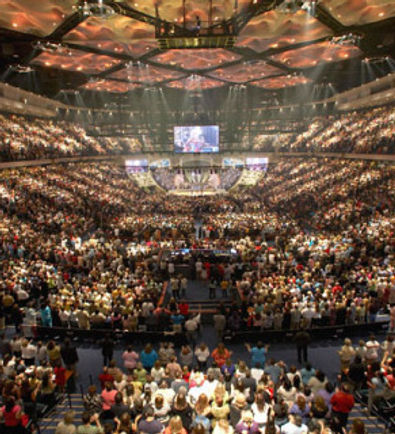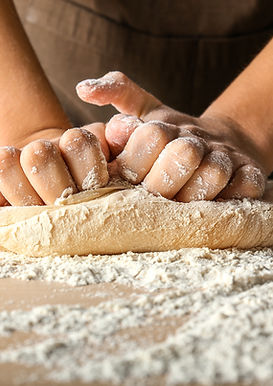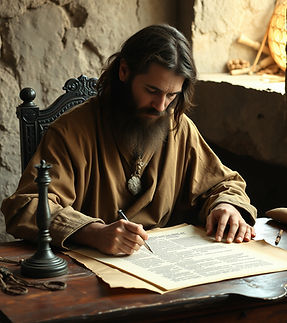Before the parable of the mustard seed...
The parable of the mustard seed found in Matthew 13:31-32 is the third parable in a sequence of seven, spoken by Jesus for a very specific reason. Before delving straight into that parable, below are some fundamentals that need to be in place first.





Matthew 13:31-32
Another parable He put forth to them, saying: "The kingdom of heaven is like a mustard seed, which a man took and sowed in his field, which indeed is the least of all the seeds; but when it is grown it is greater than the herbs and becomes a tree, so that the birds of the air come and nest in its branches.”
THE PARABLE OF THE MUSTARD SEED
As we continue on with the third parable in our sequence of seven parables in Matthew chapter 13, let’s review what we’ve learned so far. The word “parable” means “to cast alongside that which has gone before.” So we see that the parable of the mustard seed gives us additional information on the parable of the wheat and the tares, which in itself gave us additional information and commentary on the fourth part of the previous parable—those Christians who receive the word of the kingdom on good ground in the parable of the sower.
In the parable of the wheat and the tares we learned that Satan had “sown” individual Christians...




THE PARABLE OF THE LEAVEN
As we begin our study on the parable of the leaven, let’s first review the meaning of the word “parable.” It literally means, “to draw alongside,” so we can see that each of our parables draws alongside the parable that precedes it in order to add additional information to the truth that has already been presented. This is in perfect keeping with the way scripture states God reveals His word to us –
Isaiah 28:9-10
"Whom will he teach knowledge? And whom will he make to understand the message? Those just weaned from milk, those just drawn from the breasts. 10 For precept must be upon precept, precept upon precept, line upon line, line upon line, here a little, there a little." [NKJV and most other versions add question marks after the words “milk” and “breasts,” but they are not there in the original Hebrew.]...
Matthew 13:33
Another parable He spoke to them: "The kingdom of heaven is like leaven, which a woman took and hid in three measures of meal till it was all leavened."

Matthew 13:34-35
All these things Jesus spoke to the multitude in parables; and without a parable He did not speak to them, 35 that it might be fulfilled which was spoken by the prophet, saying: "I will open My mouth in parables; I will utter things kept secret from the foundation of the world."
WITHOUT A PARABLE...
At the conclusion of the parable of the leaven we find commentary given on Jesus’ use of parables. This commentary precedes the Lord's return “into the house,” where He gives the explanation to the parable of the wheat and tares and then gives the remaining three parables of the seven parable sequence here in Matthew Chapter 13. Let’s notice three things from our scripture about His use of parables -
-
“Without a parable He did not speak to them.”
-
Speaking in parables is the fulfillment of that spoken by the prophet.
-
Through parables He would “utter things kept secret from the foundation of the world.‟
The prophet being referenced is from Psalm 78...


The sequence of parables concluded
The parables continue...



